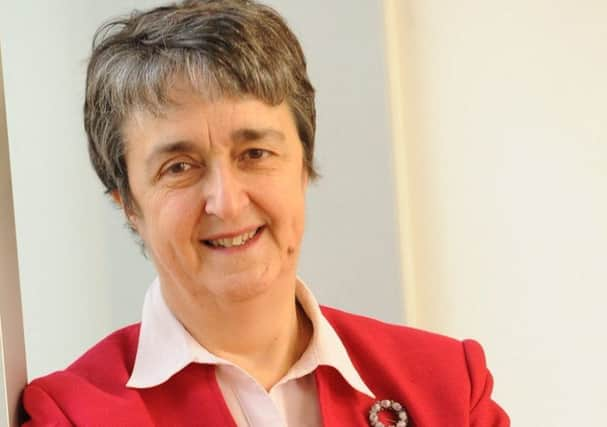Book review: Jane Haining, A Life Of Love And Courage, by Mary Miller


She was born in 1897, a farmer’s daughter in Dunscore, Dumfriesshire, reared in the United Free Church and educated at Dumfries Academy. She went to college in Glasgow, attended West Queen’s Park United Free Church and taught in the Sunday School. She was employed by J & P Coats in Paisley, first as a pay clerk, then as a secretary. She was 30 when she felt a call to do mission work, and, after taking a course at the College of Domestic Science, was appointed matron at the Church of Scotland’s Mission School in Budapest (missionary work was directed at Jews, but there doesn’t seem to have been pressure on the girls to convert). It was a good school. She worked devotedly and was popular.
She had learned German before going to Budapest – though it’s not clear when or how – and she soon learned Hungarian also. Her competence is obvious and pupils who survived the war all testify to her efficiency, kindness and understanding. She evidently loved the work and was devoted to the girls in her care. When war broke out she felt it her duty to remain with her charges. Though there was much antisemitism in Hungary, she was in no great danger till the authoritarian regent, Admiral Horthy, sniffed the wind, tried to break with Germany, and the German army moved in. Possibly it was then too late for Jane to escape – even if she had wanted to. But she didn’t. She remained true to her trust, and was condemned to Auschwitz.
Advertisement
Hide AdHer story is both moving and ultimately horrifying, and Miller tells it extremely well. She would, I guess, have been deeply embarrassed if anyone had called her a heroine, but that is undoubtedly what she was. Moreover, unlike some who attain heroic stature, she seems to have been as likeable as she was admirable.
Missionaries are unfashionable now, unless they call themselves aid workers. Even a charity like Christian Aid doesn’t go big on conversion. This is held to show a lack of respect for other people’s religion. A missionary is therefore to be regarded as an imperialist. Moreover, the idea of converting the Jews is tainted by antisemitism. Obviously Haining was completely free of this. Indeed, it was difficult for anyone reared in the Scots Presbyterian Kirk, which always seemed to place more emphasis on the Old Testament than on the New, to be antisemitic. Ancient Israel had made a Covenant with the Lord and so had Presbyterian Scotland. Nonetheless Miller is a bit uncomfortable with the idea of mission work and perhaps relieved to find that Haining was less concerned with conversion than with promoting understanding of differences within a common humanity. Eventually care for the girls’ well-being became care for their very lives. There has been a deal of criticism of the Scottish Kirk and of what some see as the life-denying Presbyterian morality, no doubt not without some reason.
Nevertheless, now that the Kirk is so evidently in decline, its influence waning, one comes to realise what we have lost and are still losing: a certain quiet decency and commitment to a morally serious way of life. Jane Haining was reared in a Scotland barely recognisable today; a Scotland that was sure of its values and ready to live by them.
Among those values were a sense of decency, a belief in doing your duty and having respect for others. She seems in her work in Budapest to have exemplified the best of Scotland, and this would have been the case even if her life wasn’t in danger of being overshadowed by her appalling death. - Allan Massie
Jane Haining, A Life Of Love And Courage, by Mary Miller, Birlinn, 240pp, £14.99